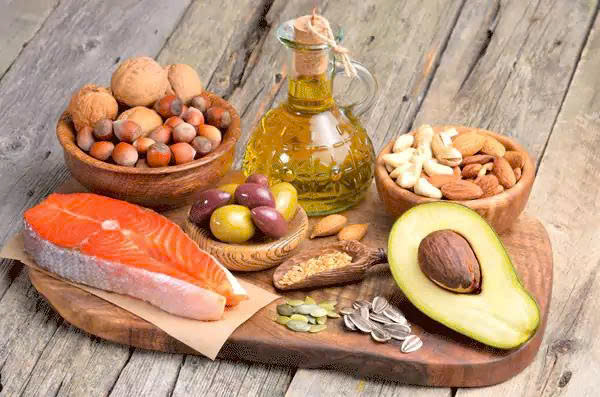
Understanding Alopecia and Its Dietary Connections
Alopecia areata is an autoimmune condition where the immune system attacks hair follicles, leading to hair loss. While the exact cause remains unclear, inflammation and nutrient deficiencies are known contributors. Adopting an anti-inflammatory diet rich in essential nutrients can support hair regrowth and overall scalp health.
Top Nutrients and Foods to Promote Hair Growth
1. Protein-Rich Foods
Hair is primarily made of keratin, a protein. Ensuring adequate protein intake is vital for hair strength and growth. Incorporate
- Lean meats (chicken, turkey)
- Fish (salmon, tuna)
- Eggs
- Legumes (lentils, chickpeas)
- Dairy products
These foods provide amino acids essential for keratin production.
2. Omega-3 Fatty Acids
Omega-3s have anti-inflammatory properties that can help reduce scalp inflammation associated with alopecia. Sources include:
- Fatty fish (salmon, mackerel)
- Flaxseeds
- Chia seeds
- Walnuts
Regular consumption supports scalp health and hair density.
3. Iron-Rich Foods
Iron deficiency is linked to hair loss. Boost iron levels with
- Spinach
- Red meat
- Lentils
- Pumpkin seeds
- Prunes
Iron aids in oxygen transport to hair follicles, promoting growth.
4. Vitamin C Sources
Vitamin C enhances iron absorption and supports collagen production, vital for hair structure. Include
- Citrus fruits (oranges, lemons)
- Berries
- Bell peppers
- Broccoli
These foods combat oxidative stress, a factor in hair aging.
5. Biotin-Rich Foods
Biotin (Vitamin B7) deficiency can lead to hair thinning. Enhance intake with:
- Egg yolks
- Almonds
- Sweet potatoes
- Spinach
- Avocados
Biotin supports keratin infrastructure, essential for hair strength.
6. Zinc and Selenium Sources
These minerals aid in hair tissue growth and repair. Incorporate:
- Oysters
- Sunflower seeds
- Whole grains
- Eggs
Adequate levels prevent hair shedding and support follicle health.
Foods to Avoid for Optimal Hair Health
Certain foods can exacerbate inflammation and hinder hair growth:
- Sugary snacks and beverages
- Processed foods
- Fried items
- Excessive dairy (if lactose intolerant)
- Gluten (for those sensitive)
Limiting these can reduce inflammation and support hair regrowth.
Additional Strategies to Combat Hair Loss
1. Scalp Massage
Regular scalp massages increase blood circulation, promoting hair follicle health.
2. Stress Management
Chronic stress can trigger hair loss. Practices like meditation, yoga, and deep breathing can help.
3. Adequate Sleep
Sleep is essential for cellular repair, including hair follicles. Aim for 7-9 hours nightly.
4. Hydration
Drinking sufficient water keeps hair hydrated and prevents dryness.
Real-Life Success Story
A woman experiencing severe hair thinning turned to a budget-friendly shampoo enriched with Ayurvedic herbs like Ashwagandha and Amla. After consistent use, she noticed significant hair thickening, reducing her reliance on wigs
Conclusion
Addressing alopecia and hair loss requires a holistic approach. Incorporating nutrient-rich foods, avoiding inflammatory items, and adopting healthy lifestyle practices can significantly impact hair health. Always consult with healthcare professionals before making significant dietary changes or starting new treatments.
